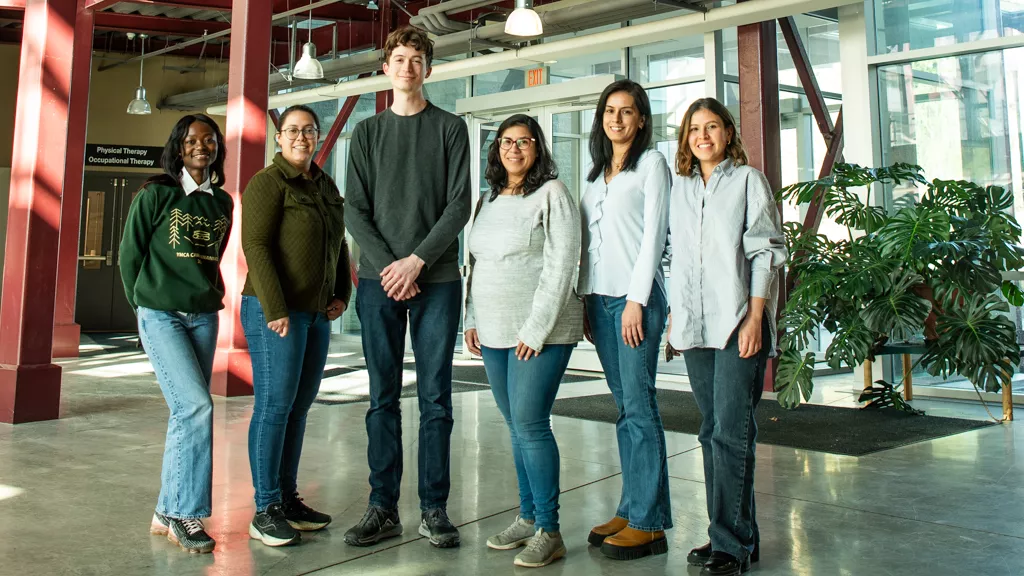Innovating water and sanitation for sustainable communities
Join UNBC's Water and Sanitation Holistic Technologies (WASH-T) Research group for a conversation on off-grid solutions to water and sanitation challenges in small and rural communities.

Water is the essence of life, a vital resource that sustains communities and ecosystems. As we navigate the challenges posed by population growth, climate change, and expanding industries in British Columbia, the quest for sustainable water and sanitation solutions becomes increasingly urgent.
In the pursuit of these solutions, it is imperative to shift our focus from traditional centralized approaches to the transformative potential of decentralized systems, particularly for small and remote communities, typical of northern British Columbia. The Water and Sanitation Holistic Technologies (WASH-T) Research Group at the University of Northern British Columbia is unearthing valuable insights into the advantages of decentralized, also known as on-site water and sanitation solutions.
Decentralized solutions, or off-grid systems, manage water and waste locally, offering a compelling alternative to centralized approaches.
“Unlike their centralized counterparts, which may struggle to address the unique needs of small and remote communities, on-site systems are inherently more adaptable and cost-effective,” says Dr. June Garcia-Becerra. "Decentralized systems empower communities by involving local residents in the planning, implementation, and maintenance processes.
“This engagement fosters a sense of pride, responsibility, and cultural appropriateness, ensuring that solutions resonate with the communities they serve. Moreover, these systems promote sustainable resource use by encouraging the reuse and recycling of water and upgraded products.”
To delve deeper into this critical topic, the WASH-T Research Group is inviting everyone to a public discussion on April 10 from 5 p.m. to 7 p.m. at Two Rivers Gallery in Prince George. Titled Building a Sustainable and Resilient Future in Small Communities with Decentralized and Holistic Water and Sanitation Solutions, the event promises an atmosphere of open dialogue and knowledge building, featuring local participants and esteemed water and sanitation experts discussing the innovation in off-grid technologies in small and remote communities.
“Beyond empowerment, decentralized systems enhance community resilience in the face of climate change and environmental challenges,” says Garcia-Becerra. “By diversifying water sources and reducing reliance on centralized infrastructure, communities can become more adaptable and better equipped to withstand disruptions.”
However, realizing the full potential of off-grid solutions requires addressing challenges such as regulatory barriers, funding constraints, and the need for capacity building and technical expertise. These hurdles underscore the importance of horizontal dialogues and collaborations across various stewards—academia, industry, government, and civil society—to design contextually appropriate water and sanitation solutions.
“Your voice matters, and this event offers a unique opportunity to have your opinions heard and questions answered,” says Marianella (Nella) Hernandez. “Let us forge lasting connections among academia, industry, government, and civil society—the driving forces behind change. Together, we can foster innovations that revolve around resilience and people-centered solutions, benefiting not only our own communities but also communities worldwide. As we gather, let us remain guided by the three P's: People, Planet, and Prosperity.”
This event is possible thanks to the support of the Pacific Institute for Climate Solutions’ (PICS) Climate Action Event Program and the University of Northern British Columbia.
For further event details, please contact Nella Hernandez at mhernande@unbc.ca or Adriana Hurtado at ahurtado@unbc.ca.